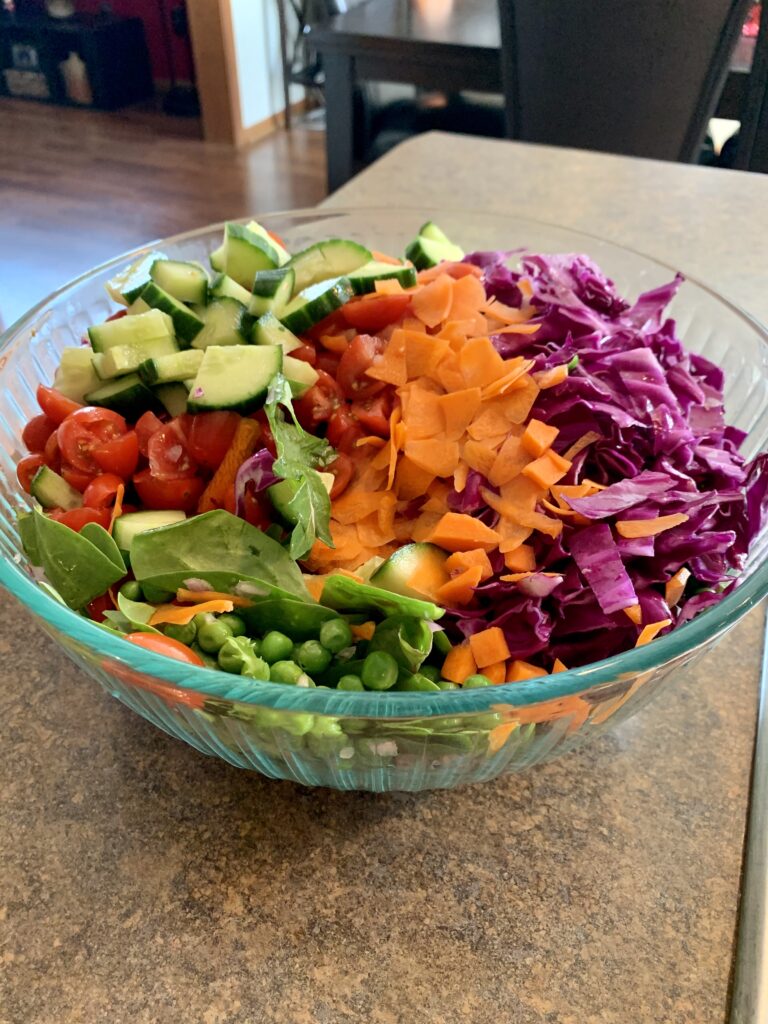It’s no secret I’m passionate about eating organic food, and I think it’s important to fully understand why…which is why I’m sharing this detailed blog.
I realize budget and access make eating organic an issue for some people, and we’ll get into solutions for that later.
For now, let’s dig into the details on why eating organic food whenever possible is much better for your health and the environment.
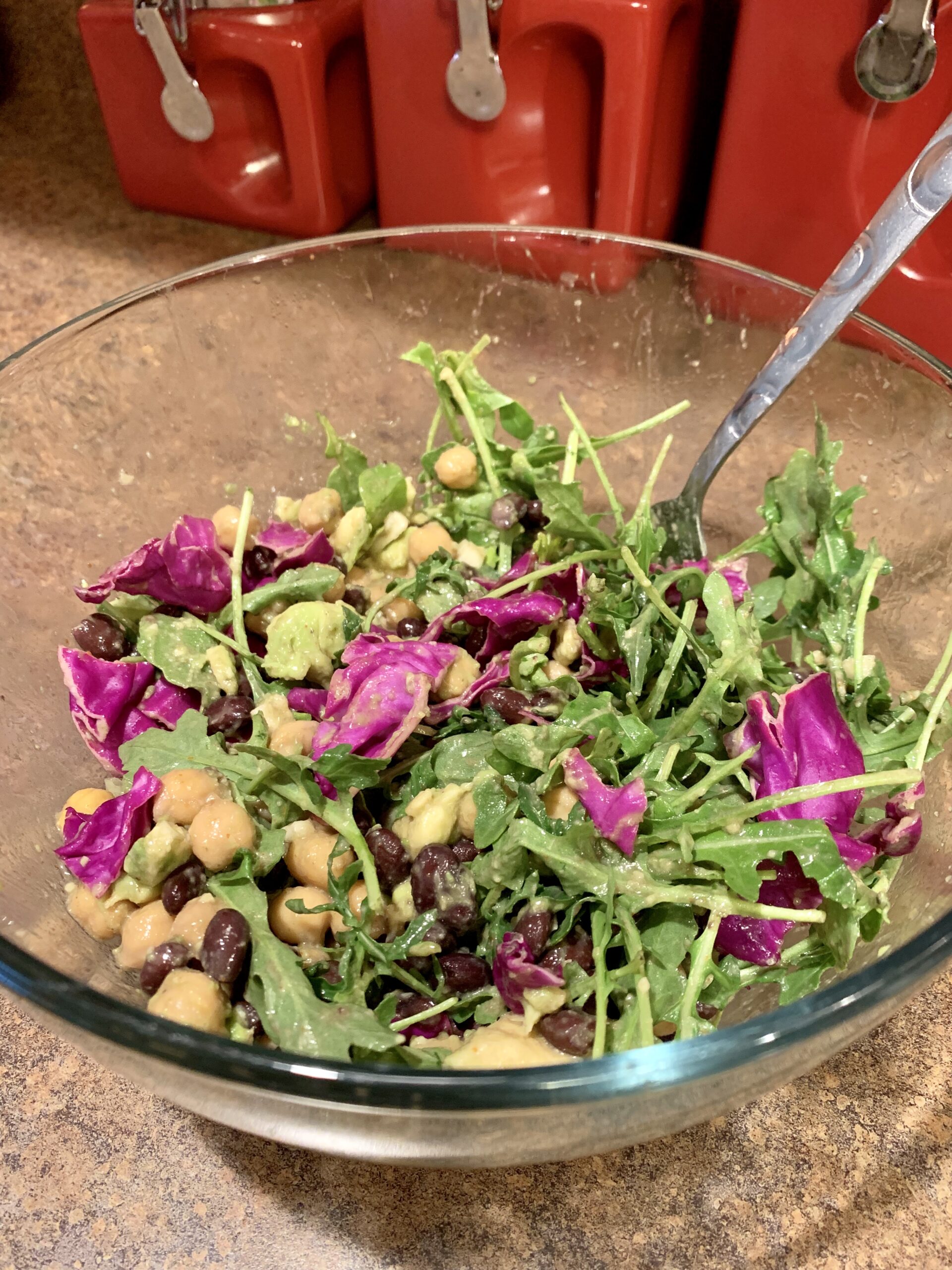
Why is organic food better for human health?
We’ll get into the details of how organic farming works below, which will shed a lot of light on why organic food is a much healthier option. Here are the key reasons:
- Organic food cannot be treated with the toxic chemicals or undergo the harmful processes used in conventional farming like synthetic pesticides, petroleum-based fertilizers, herbicides, sewage/sludge-based fertilizers, antibiotics, growth hormones or irradiation (exposure to radiation). This is a major win for human health, since herbicides like glyphosate (commonly known as Roundup) damage gut health and have been linked to serious health issues like cancer.
- Organic food comes from healthier soil that increases its nutrient content.
- Organic food cannot be grown using genetically modified (GMO) seeds or any type of biotechnology / genetic engineering. This is important, since human cases and animal studies are pointing to a scary and wide range of health concerns when it comes to GMOs including allergic reactions, antibiotic resistance, cancer, nutrition loss and toxicity in the body.
- Organic farming is much better for the environment. Our health is directly connected to the health of the environment, so anything that improves the health of the environment automatically improves human health.
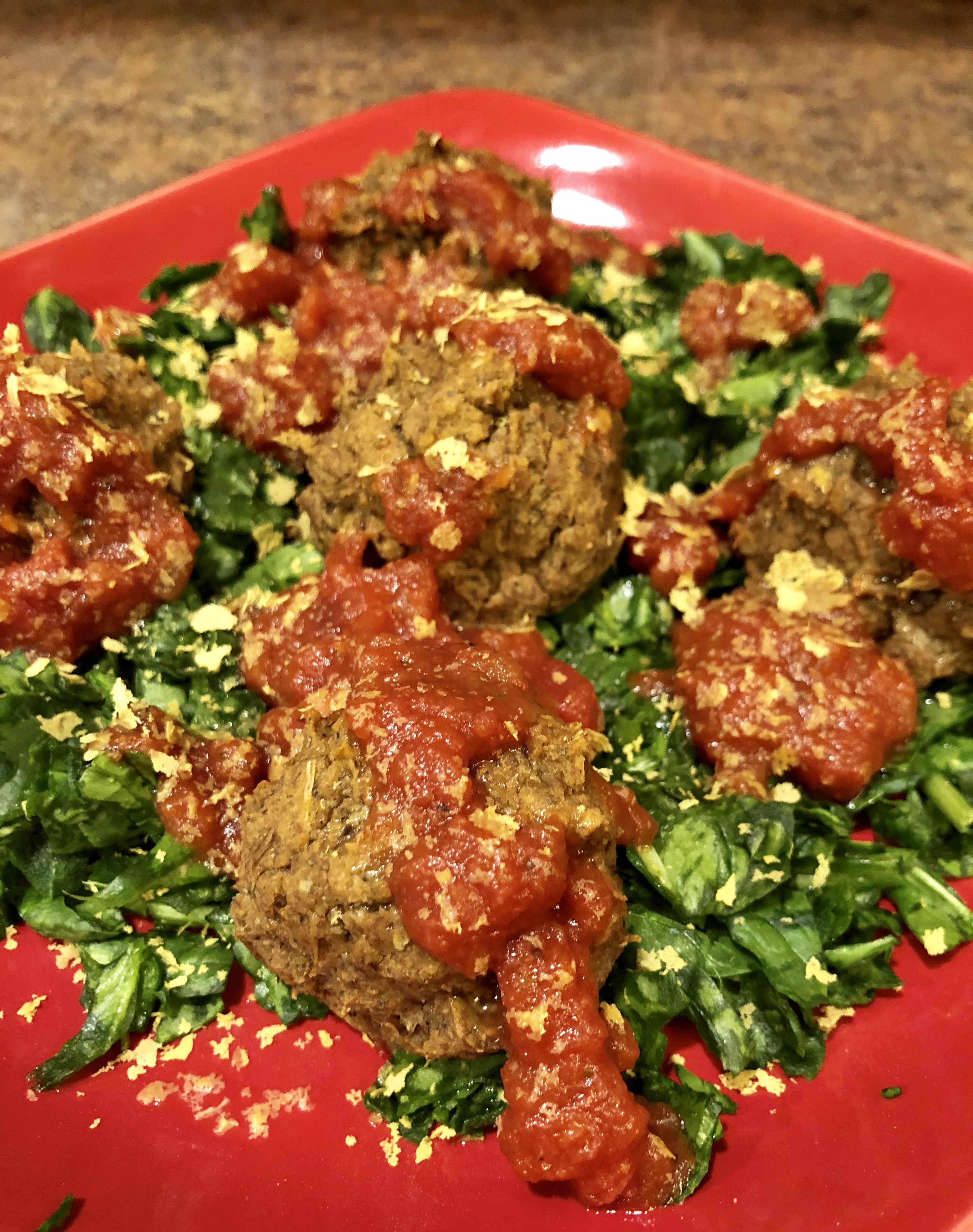
What is organic farming & why is it important?
Organic farming is agriculture that prioritizes healthy food, healthy soil, healthy plants and a healthy environment, along with crop productivity. Organic farmers use biological fertilizer inputs and management practices such as cover cropping and crop rotation to improve soil quality and build organic matter in the soil.
By increasing the amount of organic matter in the soil, organic farmers enhance the soil’s ability to absorb water, reducing the impacts of drought and flooding. Improving organic matter in soil also helps it to absorb and store carbon and other nutrients needed to grow healthy crops which, in turn, are better able to resist insects and diseases.
Organic production systems do not use genetically modified (GMO) seeds, synthetic pesticides or fertilizers. Some of the essential characteristics of organic systems include:
- Design and implementation of an organic system plan that describes the practices used in producing crops.
- A detailed record keeping system that tracks all products from the field to point of sale.
- Maintenance of buffer zones to prevent inadvertent contamination by synthetic farm chemicals from adjacent conventional farming fields.
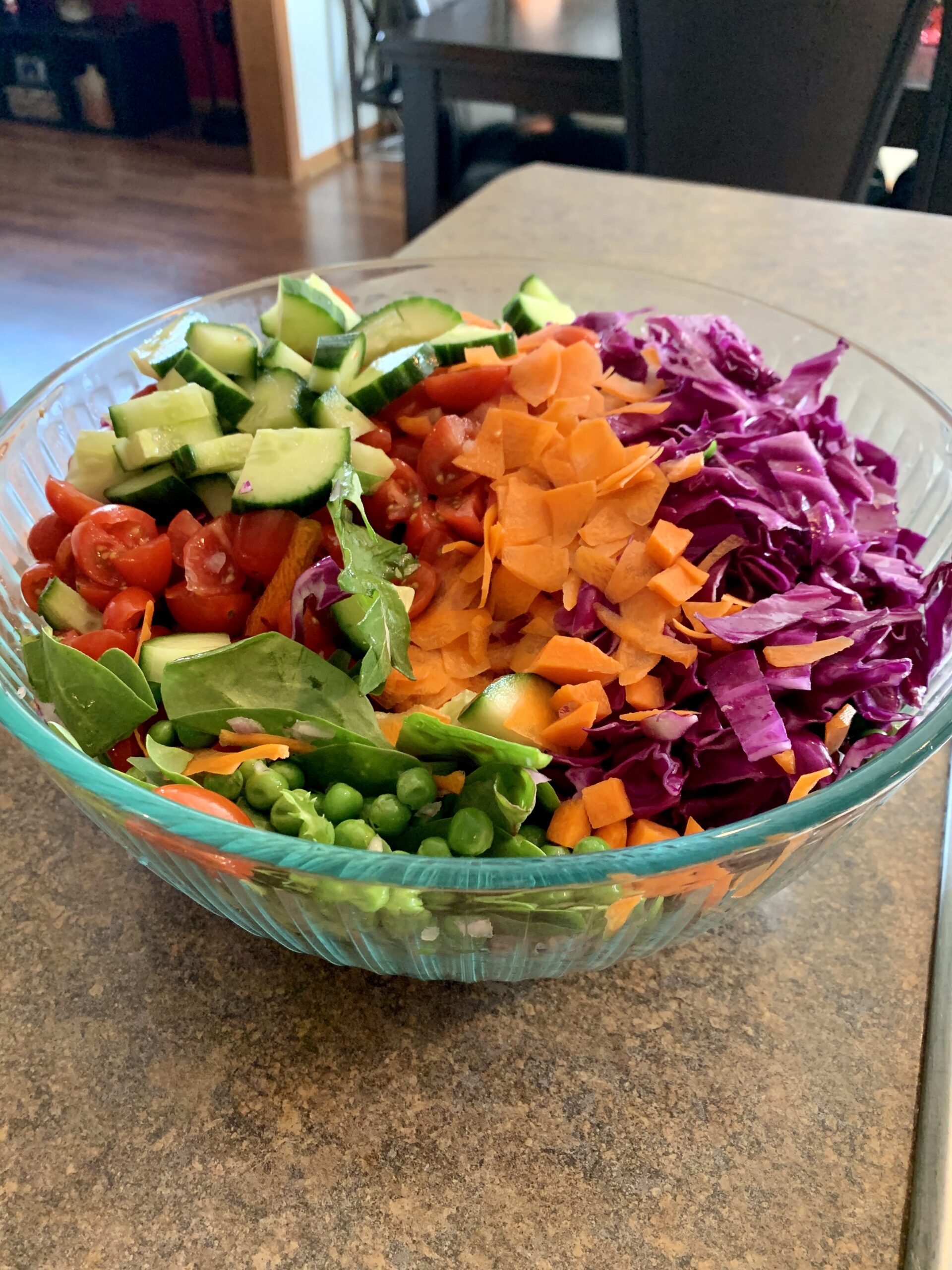
What does “certified organic” mean and why is it important?
The national standard for USDA organic products states that organic food must be produced without the use of synthetic pesticides, petroleum-based fertilizers, sewage-sludge-based fertilizers, herbicides, genetic engineering (biotechnology), antibiotics, growth hormones or irradiation (exposure to radiation).
Land must have no prohibited substances applied to it for at least 3 years before the harvest of an organic crop. The National Organic Program (NOP) states that all farms and handling operations that display the “USDA Organic” seal must be certified organic by the state or by a private agency to ensure the NOP standards are followed.
To gain organic certification, a farmer submits an organic system plan to an accredited certifier each year. This documents how the farmer adheres to NOP standards. Certified organic farms and processing facilities undergo annual inspections to verify that they are meeting the standards. Organic inspectors examine all elements of a farm operation for adherence to the standards and verify that the farm is being managed according to the farmer’s organic system plan.

Can genetically modified organisms (GMO’s) be used in organic farming?
The use of genetic engineering or genetically modified organisms (GMOs) is prohibited in organic products. This means an organic farmer can’t plant GMO seeds, an organic cow can’t eat GMO alfalfa or corn, and an organic soup producer can’t use any GMO ingredients.
To meet the USDA organic regulations, farmers and processors must show they aren’t using GMOs and that they are protecting their products from contact with prohibited substances from farm to table.

How does organic farming help the environment?
Organic farms use production practices with environmental benefits such as water management practices, no-till or minimum tillage, habitat maintenance for beneficial insects and vertebrates and biological pest control. These ecologically protective practices contribute to enhanced ecosystem services and benefit water quality, soil health, and biodiversity.
Conventional farming typically uses minimal crop rotations, growing the same single crop year after year on the same land. This practice, known as mono cropping causes the depletion of nutrients and minerals. In order to continue growing crops in this depleted soil, nutrients and minerals must be added back in the form of hydrocarbon based fertilizers and mined minerals such as phosphate.
Conventional farming is dependent on earth-based, non-renewable resources. Monocultures and the resulting poor health of soil open the way for infestations of insects, diseases and weeds. Healthy bio-diverse soil keeps these infestations in check. The lack of biodiversity requires synthetic pesticides and herbicides to be used, further destroying the national soil biology.

How does organic farming improve soil and water quality?
Using biological forms of fertilizer such as compost, animal manures and legume cover crops builds organic soil matter, even when routine tillage is used for weed control. Building organic matter increases soil water retention and nurtures more active soil microbial communities that retain nitrogen in the soil longer and transform it into non-leachable gaseous forms.
Organic biological fertilizer sources release their nutrients slowly over time, providing more opportunity for the nitrogen to be digested by soil organisms and taken up by crops before leaching below the root zone. Increased organic matter in the soil leads to tighter nutrient cycling and greater water holding capability in organically managed soils, with the result that nitrate leaching from groundwater is about half that of conventionally farmed soils.
Improved soil quality influences the ability of crops to withstand or repel insect attack and plant disease.
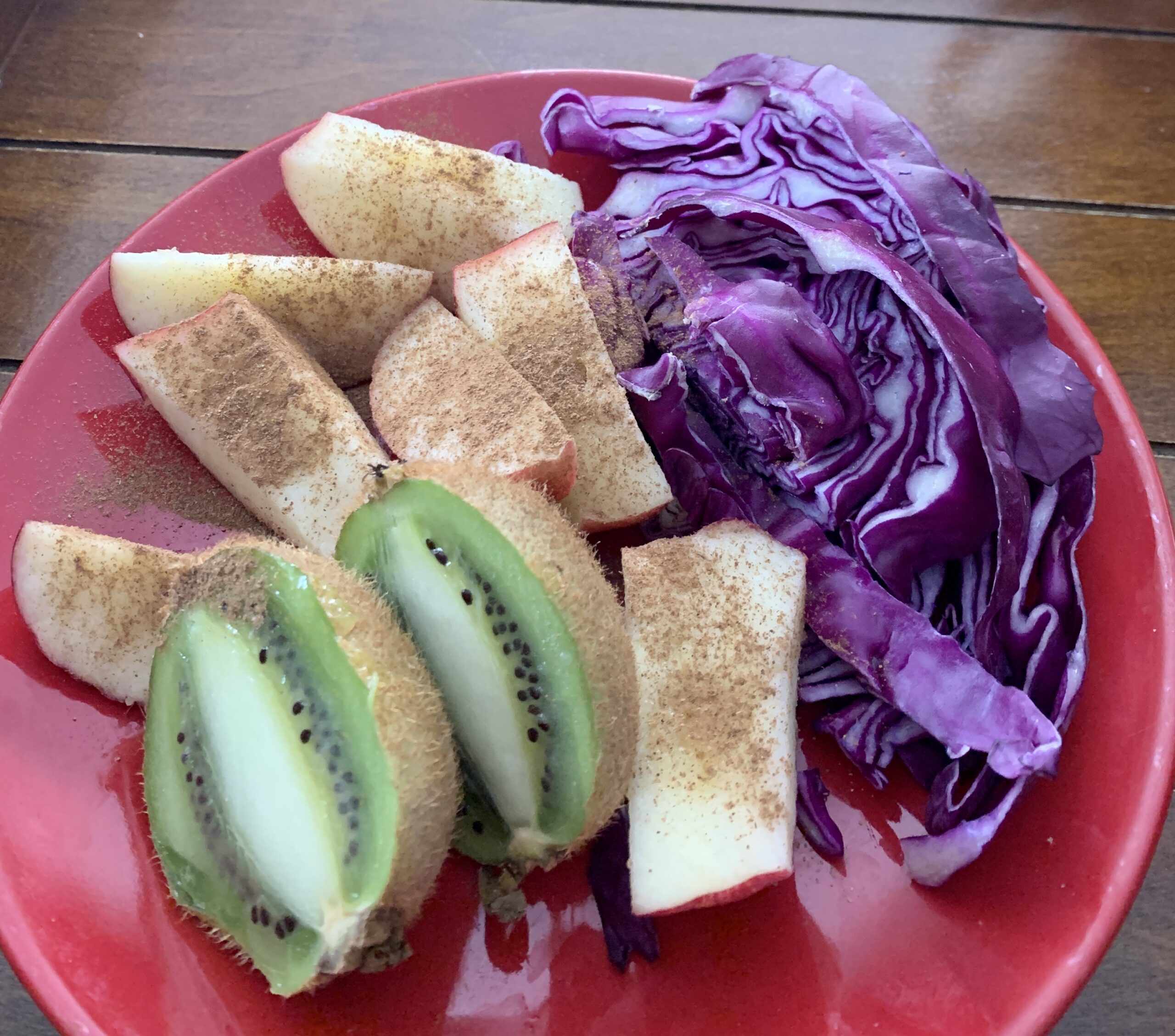
How does organic farming mitigate climate change?
Climate change poses critical risks for farmers and endangers the soil, water, and other resources on which food production depends. Rising temperatures have already intensified droughts, heat waves and storms, making it harder to grow crops and raise livestock.
The good news is that organic systems that emphasize soil health help farmers and increase resilience to the impacts of climate change. There is also extensive research demonstrating the potential of organic systems to reduce agriculture’s contribution to climate change by capturing and storing more carbon (CO2) in the soil (carbon sequestration).
While organic systems require some level of physical disturbance to control weeds, they eliminate synthetic inputs and can significantly reduce tillage. Reduced tillage, crop diversification, cover cropping, organic amendments and sound nutrient management can enhance carbon sequestration and build climate resiliency in organic agricultural systems.
Healthy soils help crops obtain nitrogen, phosphorus, and other nutrients from organic soil matter. This reduces the need for fertilizers that can threaten water quality and minimizes the release of greenhouse gases from soils. (The synthetic pesticides and fertilizers used in conventional farming are primary contributors to greenhouse gases.)
Healthy soils form the foundation of organic production. Healthy soils have good structure (tilth), which allows them to absorb and hold moisture, drain well, maintain adequate aeration and foster deep, healthy crop root systems. Such soils sustain crops through dry spells, require less irrigation water and undergo less ponding, runoff and erosion during heavy rains.
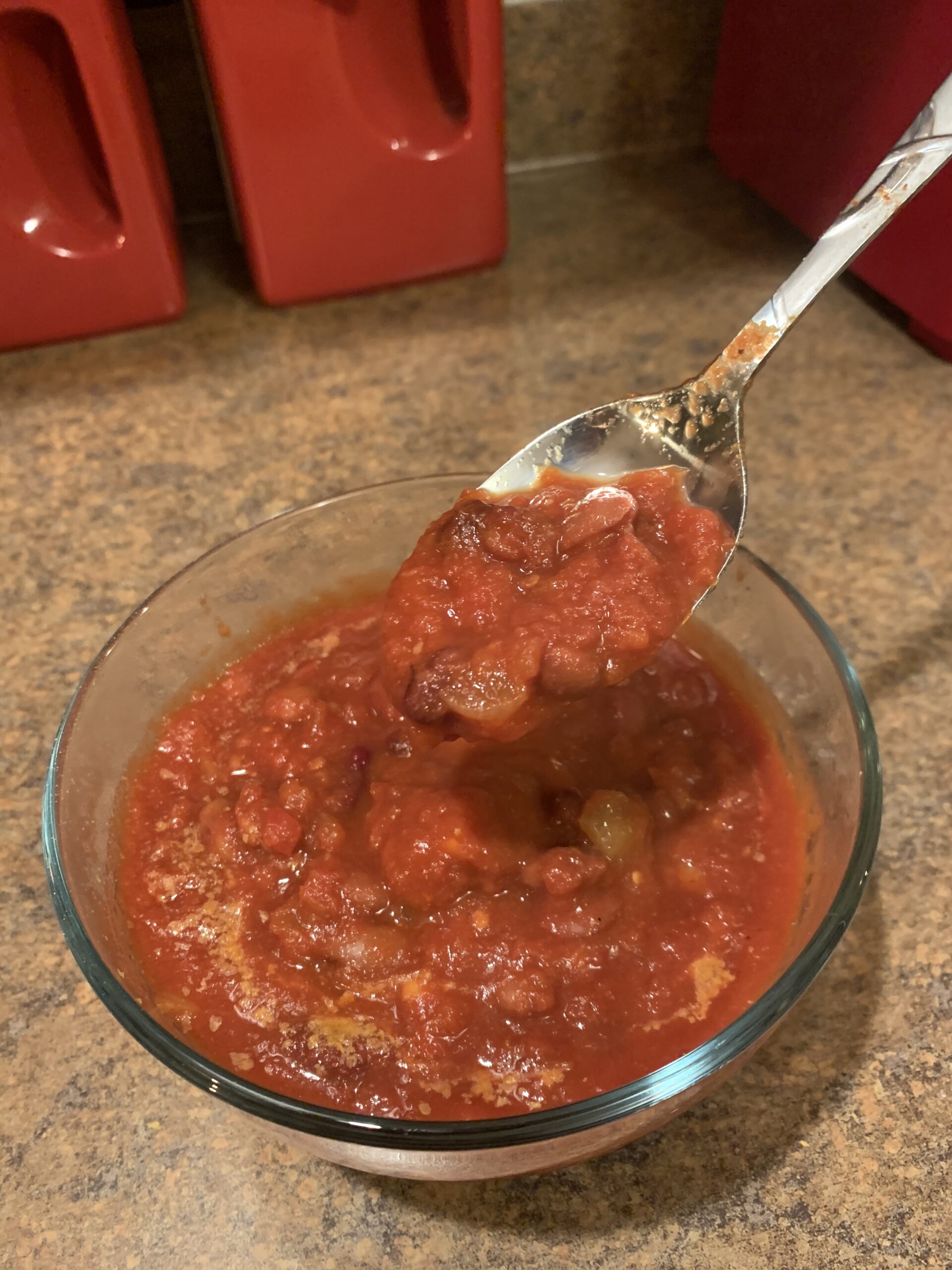
Why do organic foods cost more than conventionally-grown / non-organic foods?
There are 3 main reasons organic food costs more:
- The price tag reflects that organic farming involves more labor and intensive soil management.
- Organic farming tends to produce lower yields when compared to conventional agriculture, since it doesn’t allow synthetic chemicals to kill pests or GMO’s that make crops more resistant to environmental threats. Nevertheless, organic farming delivers more environmental benefits and is healthier in terms of increased nutritional benefits and reduced dietary toxin exposure.
- Organic farmers have to pay to be certified as USDA organic, making organic farming even more costly.
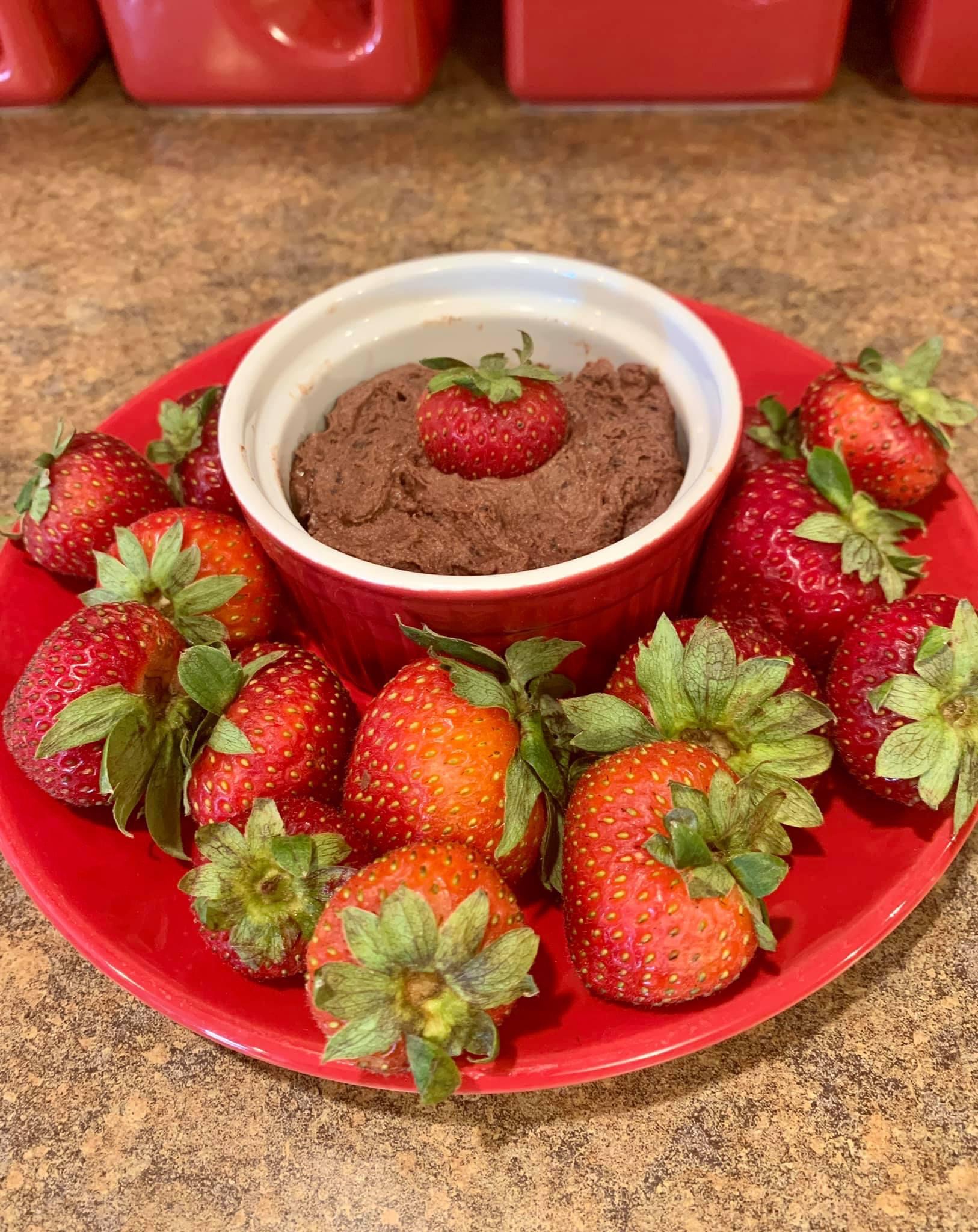
What if I don’t have access to organic food, or I’m on a tight budget?
Fortunately, there are several online services that allow you to order organic food/products online at discounted prices, and then have them delivered right to your door! Here are some solid options:
- Thrive Market (NOTE: This website does require a membership. The affordable membership grants you access to LOADS of discounted organic food options, beauty and personal care items, pet supplies, cleaning solutions and more.)
- Misfits Market
- Vitacost
- Imperfect Foods
You can also use the Environmental Working Group’s “Clean 15” list as a resource to assess which conventionally-grown (non-organic) produce doesn’t tend to hold onto harmful chemicals like pesticides after harvesting. Eating whole, unprocessed, conventionally-grown plant foods is still healthier than eating junk processed food.
Remember, every time you spend money you are voting with your dollars. Whenever possible, I use my dollars to tell the food industry I will not support toxic farming practices or junk food products.
Cheers to voting with your dollars and honoring your health with organic food!
With love and gratitude,
Kandi
DISCLOSURE: Any links above may be affiliate links, which means I earn a small commission – at no additional cost to you – if you purchase a product through them. (Click here to view my full Disclaimer & Disclosure statement.) This helps me continue providing FREE information to help you become a Fit Life Ninja. Thanks for your support!

